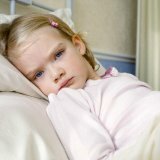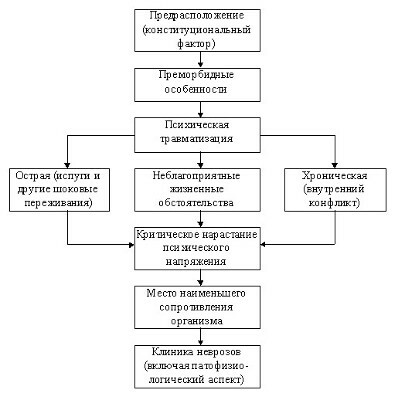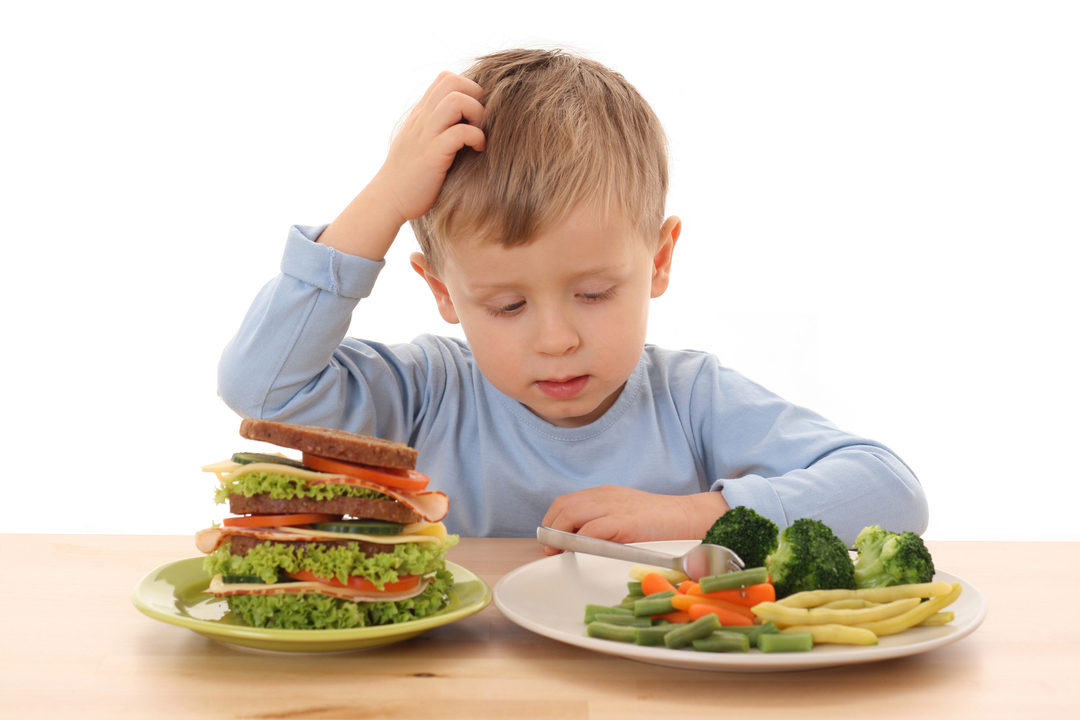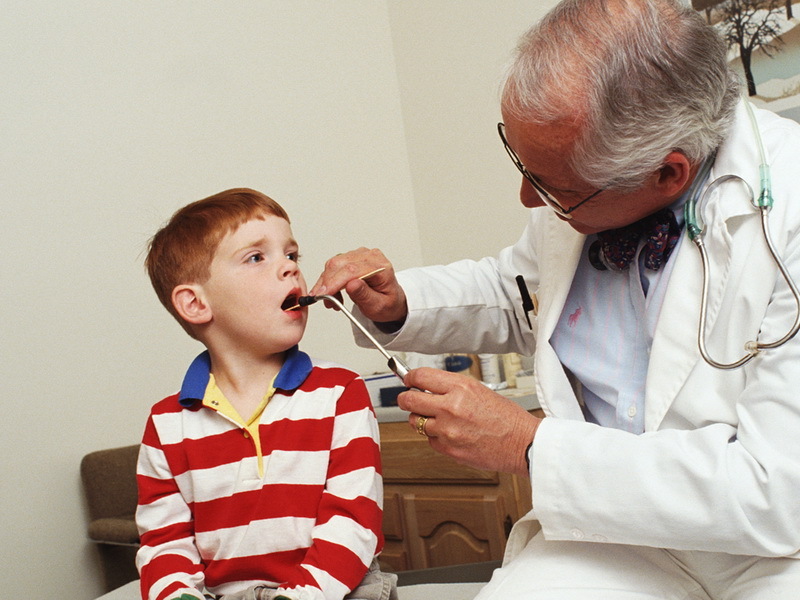Treatment of ascariasis in children
 Askaridosis is an intestinal infection caused by parasitic roundworms. This disease is not the most common, but everyone can get infected if you do not comply with hygiene.
Askaridosis is an intestinal infection caused by parasitic roundworms. This disease is not the most common, but everyone can get infected if you do not comply with hygiene.
Signs and symptoms of ascaridosis
In most cases, symptoms are absent. But the amount of worms involved in infection depends on the severity and how, in the subsequent, the symptoms will manifest themselves. In children, gastrointestinal symptoms are more likely than adults because children have a smaller bowel size and a higher risk of developing intestinal obstruction.
Symptoms of infection include:
- worms in stool
- cough with worms
- loss of appetite
- fever
- wheezing
More severe infections can lead to more serious signs and symptoms, including:
- vomiting
- shortness of breath
- bloating( abdominal swellingcavity)
- Severity of stomach or abdominal pain
- Intestinal blockage of
- Blockage of biliary tract( including liver and gallbladder)
Description of ascaridosis
Ascaridosis in children and in adults appears when eggs are ingestedThe ascarids lumbricoides enter the gastrointestinal tract, they live in the soil and inside human feces. Eggs can be transmitted from contaminated food, drink or land. The size of round worms is from 15 to 25 cm. Worms can grow. They are thick with a pencil and live for 1 to 2 years. When the eggs got inside the body and passed into the intestine, the larvae begin to hatch. They begin to move along the body.
Once they manage to cross the intestinal wall, the larvae travel from the liver to the lungs through the blood. During this stage, pulmonary symptoms appear, such as coughing( even coughing with worms).In the lungs, the larvae climb through the bronchi to the throat, where they are swallowed again. They return to the small intestine, where they grow mature and lay eggs. Worms reach maturity about 2 months after ingestion.
Adult worms live and remain in the small intestine. A female worm can produce up to 240,000 eggs a day, which are then discarded in the stool. Children are especially susceptible to ascariasis, because they tend to put various objects in their mouths, including dirt, and they have worse hygiene habits than adults.
Ascaridosis is common in warm climates, especially in developing countries, where it can affect the general population.
Ascaridosis infestation
Ascaridosis is not transmitted from one person to another. Infection occurs directly through contaminated food, water or soil.
Warning
The most important measure of protection against ascaridosis is the safe and sanitary treatment of human waste through which eggs can be transmitted. In places where human feces are used as a fertilizer, you must carefully prepare all food.
Parents should monitor the children. These methods are recommended for all children:
- Try not to put children in their mouths.
- Teach children to wash their hands thoroughly and often, especially before eating and after going to the toilet.
Treatment of ascaridosis in children
A doctor usually prescribes antiparasitic medications for oral administration to kill intestinal roundworms. The chair will be re-examined after three weeks of treatment to check for eggs and worms. Symptoms usually disappear within 1 week of starting treatment.
Very rarely, surgical removal of worms( especially in cases of abdominal infection) may be required. A child who has had ascariasis should be tested for other intestinal parasites, such as pinworms.
Treatment at home
If a child has ascariasis, medicinal products should be drunk as prescribed by the doctor. To prevent re-infection:
Ensure that your child is washing his hands properly, especially after going to the toilet and before eating.
- Your pets should be checked for worms regularly.
- Keep your baby's nails short and clean.
- Sterilize all contaminated clothing, pajamas and bedding.
When to call a doctor
If your child has any symptoms of ascaridosis, consult a doctor. Samples of feces will be sent to the laboratory to check for eggs, worms and confirmation of the diagnosis.
Call a doctor if new symptoms develop.



